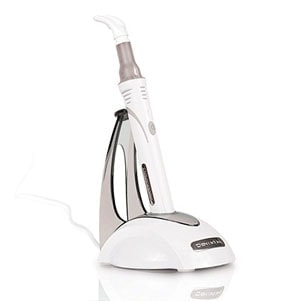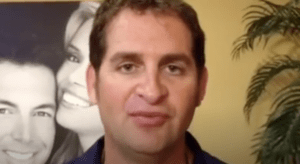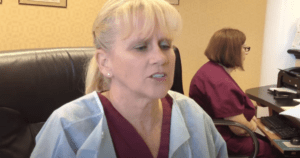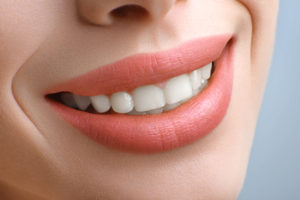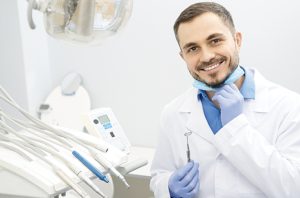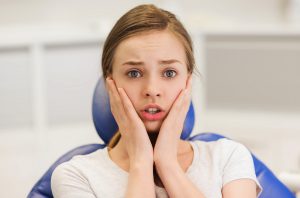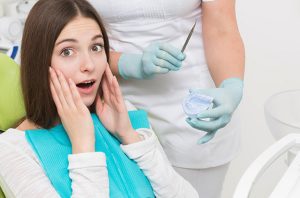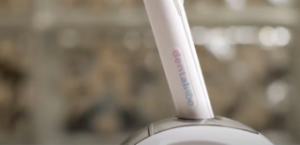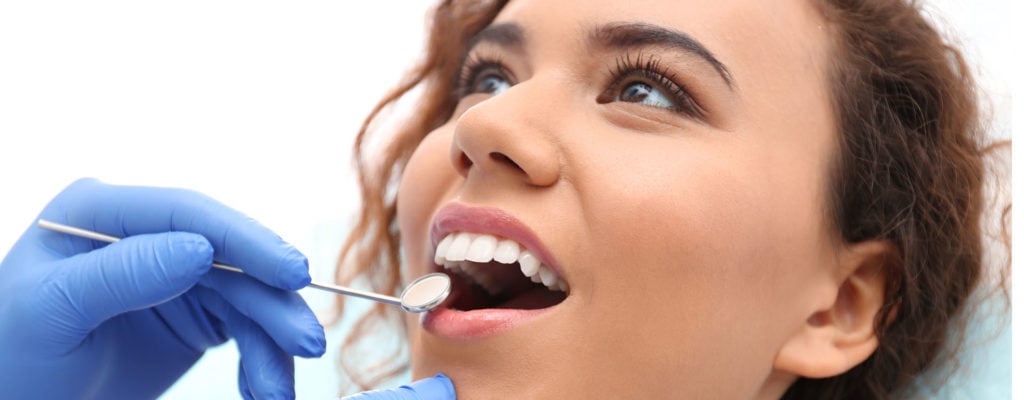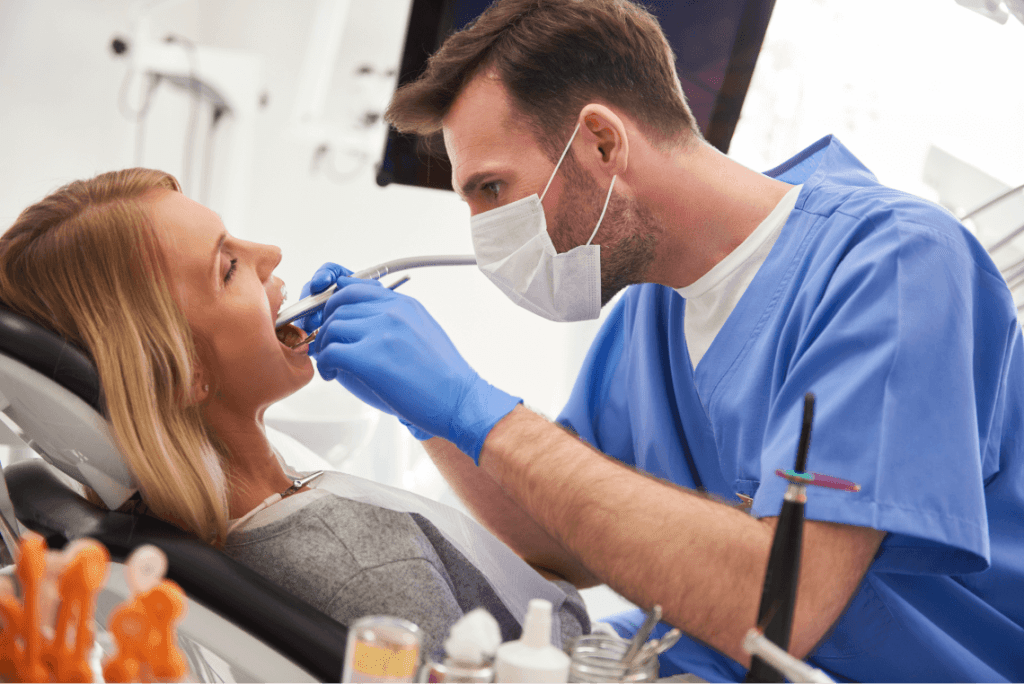Wondering if mouthwash is worth it? Rinsing with mouthwash before or after brushing your teeth can help support your oral health. However, mouthwash should never replace brushing at least twice a day and flossing at least once a day. And, different types of mouthwash deliver different results. If you’re considering adding mouthwash to your oral hygiene routine, make sure you’re buying the right kind and using it correctly.
Does mouthwash really make a difference?
Whether mouthwash actually contributes to reducing tooth decay and gingivitis depends on the type of mouthwash used. There are two general categories of mouthwash available: cosmetic mouthwash, and therapeutic mouthwash.
Cosmetic mouthwashes contain ingredients that temporarily mask bad breath. They do not help prevent tooth decay or plaque build-up.
Therapeutic mouthwashes, on the other hand, are stamped with the ADA Seal of Acceptance if the manufacturer provides clinical evidence proving its safety and effectiveness. Also called antimicrobial mouthwash, therapeutic mouthwash contains three ingredients that help reduce tooth decay and gum disease:
CPC (cetylpyridinium chloride): fights against oral bacteria that causes tooth erosion and dental caries. Therapeutic mouthwashes with the ADA Seal of Acceptance should contain at least 0.045 percent CPC.
CHX (chlorhexidine): an antiseptic and antibacterial found only in prescription mouthwashes such as PerioGuard.
Essential oils: when thymol, methyl salicylate, eucalyptol, and menthol are combined, they provide excellent anti-plaque and antibacterial properties that may help reverse mild to moderate gingivitis.
Mouthwashes containing essential oils are available over-the-counter, while those containing chlorhexidine are available only by prescription.
Should you use mouthwash before or after brushing?
Rinsing your mouth with therapeutic mouthwash before brushing may help loosen food particles stuck on or between teeth. Many people use mouthwash after brushing, but this can actually rinse away the fluoride from your toothpaste, which may not give the fluoride enough time to penetrate the tooth enamel.
Dentists suggest using mouthwash several hours after brushing your teeth instead of immediately afterward. This allows the fluoride in toothpaste time to exert its antimicrobial effects on the bacteria in your mouth.
What is the best mouthwash for cavities?
A study published in the World Journal of Dentistry found that prescription mouthwashes containing chlorhexidine offer the greatest benefits to general oral health. Compared to sodium fluoride mouthwashes, chlorhexidine mouthwashes show a “statistically significant reduction” in the oral bacteria responsible for cavities.
According to the ADA, mouthwashes containing essential oils, chlorhexidine, and cetylpyridinium can help prevent the accumulation of plaque and other substances that cause gum disease and periodontitis. However, the ADA warns against frequent, long-term use of these types of mouthwashes due to the potential for teeth discoloration and staining of dental restorations.
Mouthwash labeled as “whitening” mouthwash may or may not contain antimicrobial ingredients. Unless whitening mouthwashes are labeled “multi-protection” or “advanced with extra whitening,” they may contain only hydrogen peroxide or carbamide peroxide as their main ingredient. These two ingredients are effective only for whitening teeth, not for preventing tooth decay.
Can you use expired mouthwash?
The FDA states that expired non-food products cannot be relied upon for their effectiveness. Many pharmaceutical and over-the-counter ingredients start breaking down after a certain date and lose much of their efficacy.
Investigations regarding fluoride stability indicate that fluoride in toothpaste experiences a reduction in effectiveness over time. This suggests that expired toothpaste may be less effective at preventing cavities. However, there is no evidence suggesting that expired toothpaste or mouthwash is harmful to health.
Dentists recommend throwing away expired mouthwashes (both therapeutic and cosmetic) simply because they will likely be ineffective and offer no benefits to your oral health.
Can you use mouthwash with braces?
Yes, you can use mouthwash with braces. In fact, all orthodontists recommend that individuals who wear braces rinse with a therapeutic mouthwash twice a day. In addition to helping loosen food particles stuck under braces, rinsing with mouthwash while wearing braces reduces the risk of tooth decay, strengthens dental enamel, and may prevent white spots that can develop on teeth during orthodontic treatment.
Will mouthwash reverse mild gingivitis?
Gum disease (gingivitis) is caused by the accumulation of plaque on teeth. Plaque is a bacteria-rich film that irritates sensitive gum tissues. Contrary to myth, it is not normal for gums to bleed occasionally after brushing. Toothbrush bristles should not cause healthy, plaque-free gums to bleed.
Left untreated, gingivitis may lead to a serious oral disease called periodontitis. While therapeutic mouthwash can help reduce plaque build-up, mouthwash should not be used as treatment for gum disease.
If your gums start bleeding after brushing, schedule an appointment with a dentist for a thorough examination and cleaning. Reversing gingivitis as soon as possible is vital to preventing tooth decay, gum recession, and tooth loss.
Is it safe for young children to use mouthwash?
Children should not rinse with mouthwash for two reasons: they may swallow mouthwash, and they could develop fluorosis from receiving too much fluoride at an early age.
Fluorosis is rare but can occur in children who still have their baby teeth. Exposure to excess fluoride may cause staining of unerupted permanent teeth. Although fluorosis is only a cosmetic problem, it is easily preventable by ensuring that children don’t use fluoridated mouthwash until after all of their permanent teeth have erupted.
Brushing, flossing, and using the best mouthwash can significantly reduce your risk for oral disease. But good oral hygiene practices cannot replace the benefits of visiting a dentist every six months. Visit our directory to find a certified pain-free dentist near you and schedule your next appointment.

